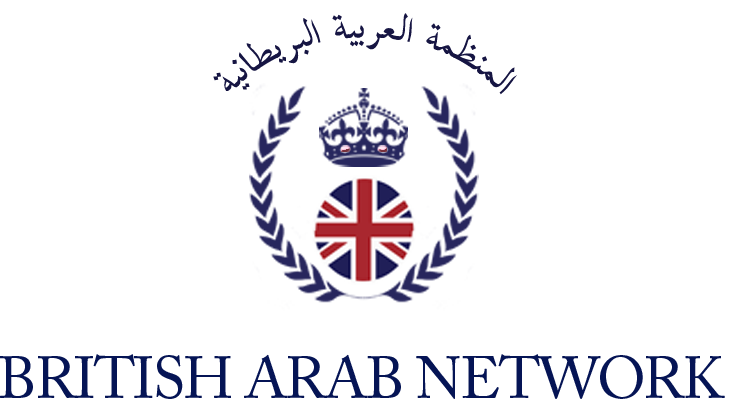British Arab Network Chairman praises international response to Russia in BBC Arabic TV Interview
07 Apr 2018, by - In the Media
The attempted murder of a former Russian double agent and his daughter on British soil has led to accusations of Russian state involvement.
In an interview with BBC World Service Arabic TV, Dr. Wafik Moustafa, Chairman of the British Arab Network, praised the international response to Russia.
Dr. Moustafa said:
“I welcome the international response to Russia’s actions. It is absolutely great that our allies are standing shoulder to shoulder with us against Russian aggression. The Russian state has the nerve agent Novichok, it has the motive, and it has the track record of such actions. Therefore it is highly likely they were involved directly or indirectly”.
Russian Spy: What we know so far
6 April 2018 www.bbc.co.uk/news/uk-43315636
The attempted murder of a former Russian double agent and his daughter on British soil has led to accusations of Russian state involvement.
Soon after the attack on Sergei Skripal, 66, and his 33-year-old daughter, Yulia, in Salisbury, Prime Minister Theresa May said the chemical used had been identified as being part of a group developed by Russia known as Novichok.
The British government went on to expel 23 Russian diplomats and their families after Moscow refused to explain how a Russian-made nerve agent was used in the poisoning.
Twenty-nine countries expelled 145 Russian officials in solidarity with the UK – and Nato ordered 10 Russians out of its mission in Belgium.
Moscow initially responded in kind, expelling 23 British diplomats, 60 US diplomats and several from other countries. It has also closed the British Council in Russia and the British Consulate in St Petersburg.
Russia then told the UK that more than 50 of its diplomats had to leave the country. Its ambassador in the UK said Moscow had no nerve agent stockpile.
Mr and Ms Skripal have both been in hospital for more than a month, but they are no longer in a critical condition.
A statement quoted Ms Skripal as saying her “strength is growing daily”, while doctors at Salisbury District Hospital said Mr Skripal’s condition was “improving rapidly”.
Personnel from the Defence Chemical Biological Radiological and Nuclear Centre at Porton Down in Wiltshire identified the nerve agent.
Its head said the precise source of the nerve agent had not been verified, but it was likely to have been deployed by a “state actor”.
Experts from the Organisation for the Prohibition of Chemical Weapons (OPCW) are testing samples of the chemical.
Russia accused Britain of blocking access to the OPCW inquiry, but its proposal for a new, joint investigation was voted down at the international chemical weapons watchdog at The Hague on 4 April.
Russia lost the vote by 15 votes to six, while 17 member states abstained.
What are Novichok agents?
The name Novichok means “newcomer” in Russian, and applies to a group of nerve agents developed by the Soviet Union in the 1970s and 1980s.
Novichok’s existence was revealed by chemist Dr Vil Mirzayanov in the 1990s, via Russian media. He says the nerve agents were designed to escape detection by international inspectors.
Novichok agents are liquids, although others are thought to exist in solid form and could be dispersed as an ultra-fine powder.
Some of the agents are also said to be “binary weapons”, meaning the nerve agent is typically stored as two less toxic chemical ingredients that are easier to handle.
When these are mixed, they react to produce the active toxic agent which can cause convulsions, shortness of breath, profuse sweating and nausea.

